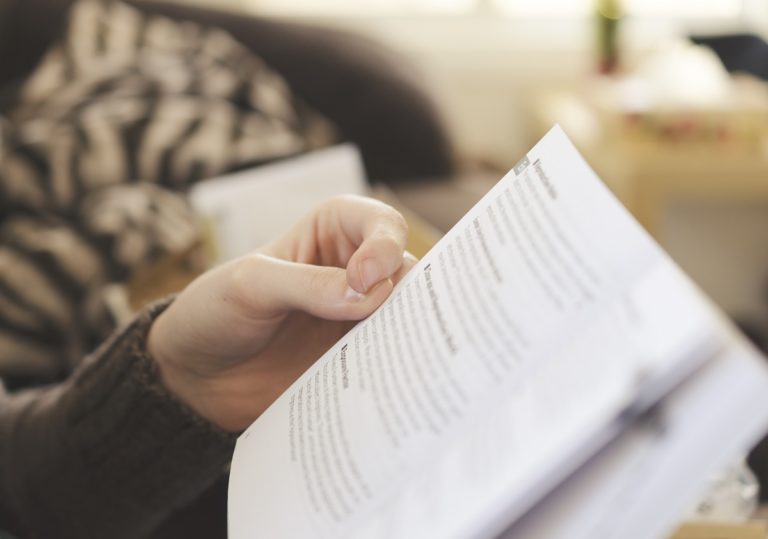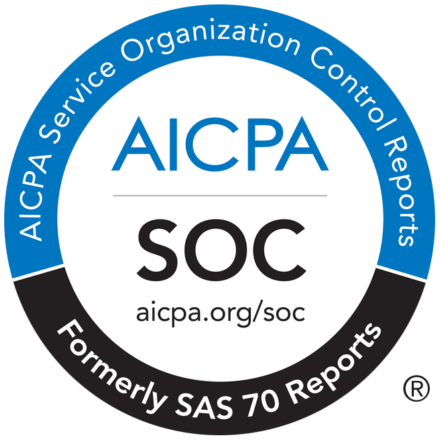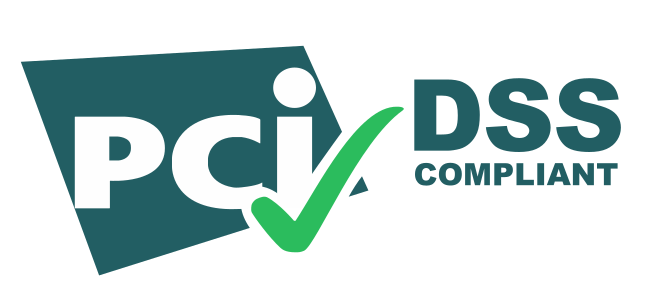Plagiarism checker for publishers are quite useful
Plagiarism is when writing takes parts of writing and represents it in the same language without quoting the particular part or citing the source properly, then that is called plagiarism. Plagiarism is a punishable offense.
But, the writers and publishers both need to be careful about not committing any plagiarism as it diminishes the purpose of writing. It fails to reach the readers when the primary intention of any writing is to represent the thoughts and ideas of the writer to the readers.

The presence of a copied content in original writing takes away the trustworthiness of it. Hence, before publishing a final copy, a publisher must choose to conduct a plagiarism check. There are several plagiarism checker for publishers available online.
In this era of self-publishing, there are many books published with copied words from top to bottom. Sometimes they barely get caught by the plagiarism checker tools. The writers sometimes paraphrase the content to avoid the keen eye of the readers.
But, once plagiarism gets caught, it shows its harmful effect in both ways. The writer who has committed the crime of plagiarism ends up losing his/her credibility, and the work fails to impact the readers. The writer of the original content is also affected in both a financial and emotional way.

The writer of the original article may drag the publisher to the prosecutor. To avoid these unwanted circumstances, the publishers need to be more careful with the work. If the writer is depicting his/her idea, then clearly it gains more attention from the readers.
But to establish those ideas if he chooses to use lines or phrases from other works, then he must properly cite the source, as the name of the article or the URL of the article. If the plagiarism is unintentional, then he can use a plagiarism checker for publishers to avoid plagiarism.
When did plagiarism start?
Though with the advent of technology, the detection of plagiarism has become easy, the act of plagiarism is not at all new. The first-ever case of plagiarism dates back in 80 A.D., a Roman poet named Martial identified portions of his writing from other writer’s work.
Though it was not considered a punishable offbeat back then, Martial decided to protest against this theft. So he wrote a poem attacking the person who copied his work, under the title ‘Plagiarus,’ which means thief in Latin.
But this practice remained steady as before even after Martial’s poem. Many famous writers like Shakespeare, John Locke, and Heller Keller were later accused of plagiarism. In the digital era, publishing is not costly, and one can self-publish their work on any platform they want.
Publishing work online is much easier, and it leads the writer to open up in front of more number of readers. It has increased the tendency of plagiarism too.
It is easy to entirely copy-paste an article and then claims it to be theirs. Since it takes away the truth that a writer needs to convey, the work may lose its relevance.
What is the solution?
Since nowadays presenting content is considered more important than presenting quality content, many writers tend to ignore the importance of delivering original content. Self-publishing platforms do not have strict rules against plagiarism.
They do not pay heed to this as they are not subjected to any prosecution. As soon as someone identifies and complains against any of the articles published on their platform to be copied content, they straight away take it down.
In reality, before any complaint, the work stays online for months, years, and they may forever remain unidentified as a plagiarised content.
It is the reason why many writers don’t take the issue of plagiarism significantly. But in the digital era, identifying plagiarism is much easier: a reader can ever check for a copied or paraphrased content to find out the relevance of the work.

There is massive pressure on the self-publishers as the platforms keep on updating the rank of the writers; this rank drags in traffic to their work.
Hence, their rank goes down severely while trying to produce original content, but the truth is, the writing gets genuine readers and retains the true essence of the idea the writer is conveying.
Though many writers think that it’s the responsibility of the publishing platforms to deal with plagiarism, just like a publishing house that publishes printed books does. They need to ensure that they are not earning from the copied content.
It is the responsibility of both the publishing platforms and the self-publishing writers to go for a thorough plagiarism check. They can take the help of the online plagiarism checker for publishers to avoid all types of plagiarism.
How to stay away from plagiarism?
There are certain ways to stay away from plagiarism. The very moment a writer produces content all by himself, it belongs to him.
If any other person uses it somewhere in their writing inappropriately, without mentioning the source, then the writer can take legal action against this theft, and it is considered as copyright infringement.
The writer can protect their original works from others, and at the same time, they can avoid unintentional plagiarism.
- To avoid unintentional plagiarism the writer can take the help of the online tools that have enriched databases to detect any plagiarism.
- They have many contents that are not available otherwise; hence, even if there is the slightest hint of plagiarism, the online plagiarism checker for publisher can detect it.
- Even if there is any paraphrased article, the online detection tools can check for it as well. Then the writer can properly cite the source so that he can avoid plagiarism.
- If the writer wants to keep his work safe from plagiarism s/he can take a print out of his/her original writing and then get it stamped from the notary.
It makes the content copyrighted article. If someone uses parts of this article intentionally and misuses it, then the writer can take legal actions against the person.
So, these are the few ways to avoid plagiarism and to evolve as a successful, self-published writer.

